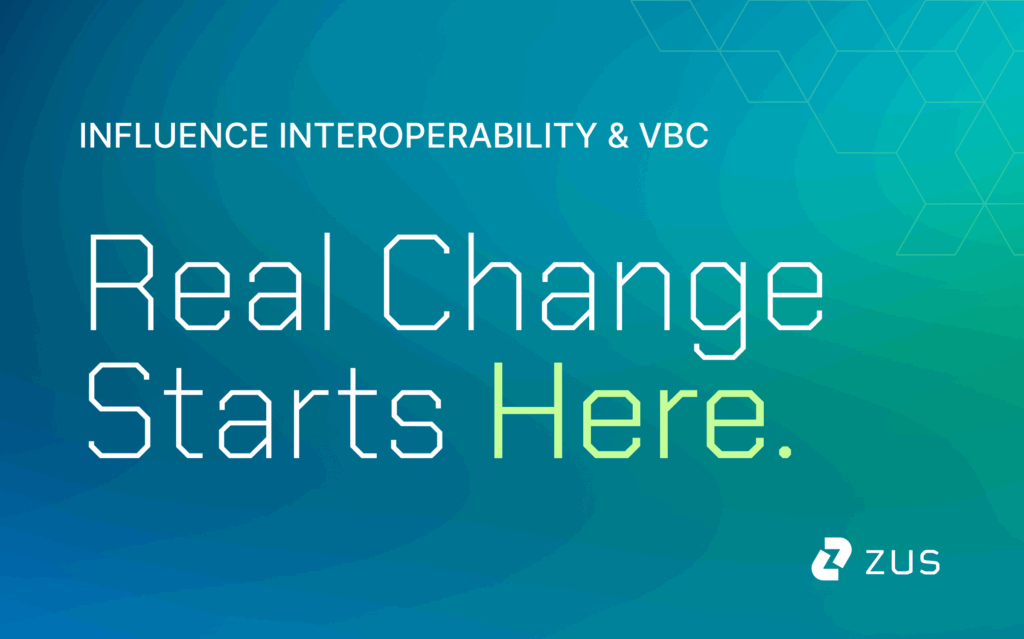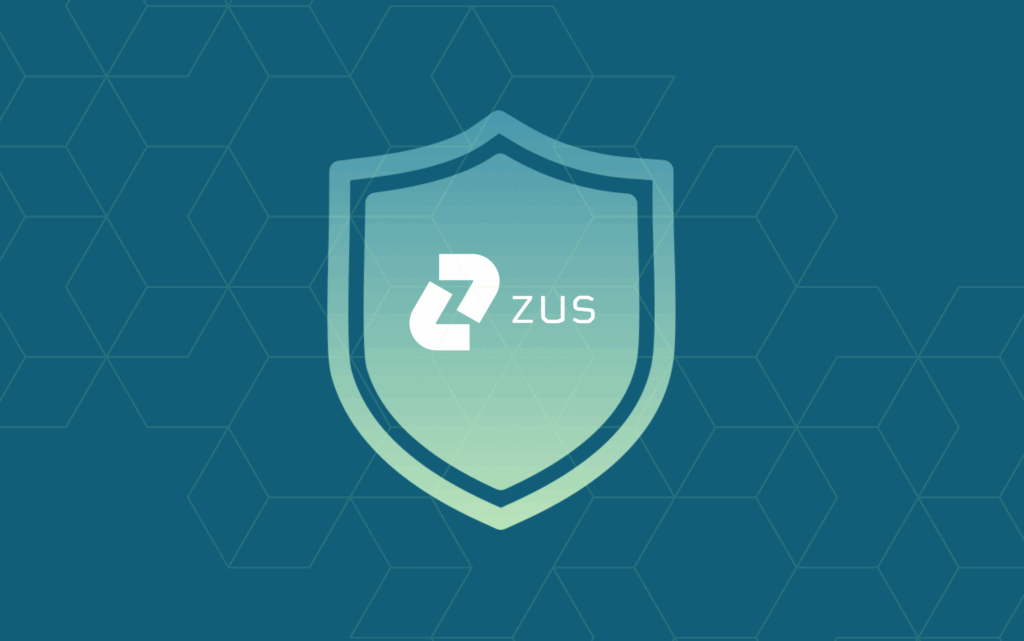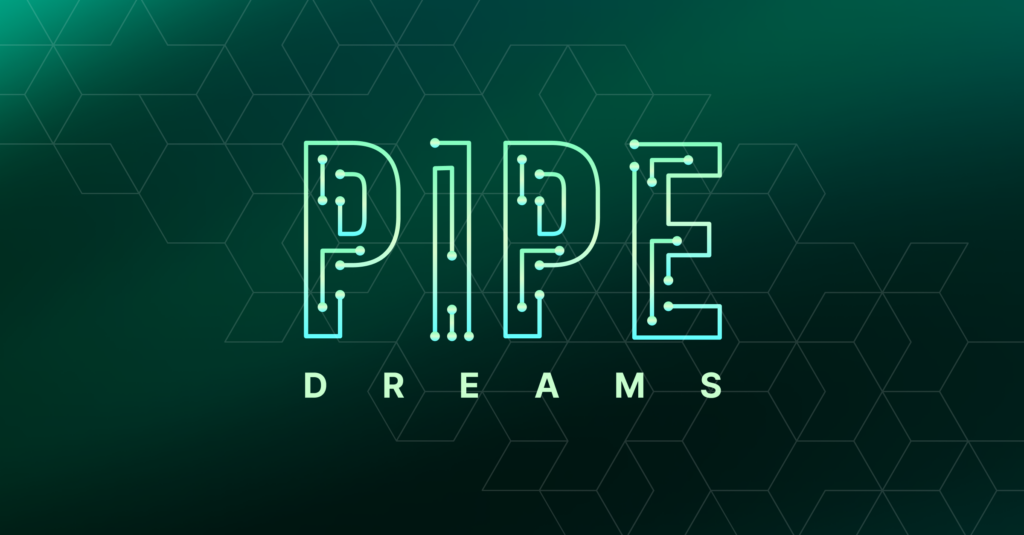I think I’ve been to HIMSS roughly a thousand times. It was almost comical to walk into that giant convention center and see the booths two and three stories tall, like giant ships at a boatshow. Esteemed patrons would climb up gilded, spiraling stairwells for bottled water and espresso shots, while, down on the floor, consultants and competitor employees were shooed away by stiff-smiled booth attendants. These booths, massive and imposing, increasingly looked like something a defense contractor might make, until they literally were made by defense contractors. It was a world where technology was starkly separate from care, where vendors would hawk their wares, distanced from the reality of the very institutions they were selling to. Sure, there were some doctors at HIMSS — the “CMIOs” and whatnot — but they were akin to Afghan translators embedded with our troops — good people, feeling a little bit out of place and a little bit worried that they may be viewed negatively by their people.
The primary reason I remember CEOs saying why they were going to HIMSS was (to quote the great Neal Patterson): “We go to HIMSS in order to not not go to HIMSS”. Of course, picking on HIMSS is a little mean. It has a noble mission and an important job to do. It just always felt a little wrong, a little bit from another era. Despite this undeniable feeling, over 95% of visits to doctors in America still course across the code written by HIMSS members, and anyone interested in the mainstream of medicine today had still better not not be there.
Contrast this with the electric feeling of the Digital health sector’s prom night — HLTH. The vibe one got last week at the Boston Convention Center was oh so very prommy. Colorful caricatures of all the speakers (and, everyone was a speaker), free hair cuts and dog playpens, DJs playing every variety of dance and pop in the last twenty-five years — it was an event, slightly over-the-top, but energizing in the group-wide feeling of being on the rise. Not unlike prom, if you ask me.
Other than the vibe contrast, what surprised and enthralled me was the center of energy. It was unmistakably on care and only very rarely on the technology that enabled it. On a per-capita basis, the ratio of HLTH attendees that could recognize a line of code absolutely dwarfed that of those attending HIMSS. These were geeks who truly viewed themselves as providers. The average mission (if one can average mission statements) back at HIMSS was to enable providers with great tools, where the average mission at HLTH is to provide care, to create relationships with patients, to make health personal and equitable. The denizens of HLTH represent the singularity of all that has come before — the convergence of technology’s best to fuel healthcare’s future. Their convictions are care-focused for that reason, but they think natively digital.
Sadly, of course, HLTH’s pomp doesn’t much matter yet. The only people thinking about HLTH are this kooky band of new-age digital health providers and the even kookier venture capitalists who continue to bravely value them so highly. If you took the patients of all the digital health players at HLTH and fiercely rounded up while squinting, you’d still only get to maybe 2% of the patients affected by the attendees of HIMSS.
And that’s the thing about prom nights: it’s all about hope for the future. Needless to say, we all know a prom king or queen who grew up to sell life insurance badly, over Bud Light. But we also know kids who did great things with their lives. Needless to say, all the wackadoodle ideas and their wackadoodle valuations cannot persist. But even those who don’t win will provide critical compost for the winners’ crops. And with that compost and the unprecedented societal and financial tailwinds of this new era, the winners could, should, and must undoubtedly and irreversibly change everything from the status quo. I very much believe that among the many prom attendees this past week are stars who will change the center of gravity of medicine forever and I swear a blood oath to try to hold them up and cheer them on until they ascend from prom-goers to grownups.
So let’s raise a glass to toast their graduation to come.




